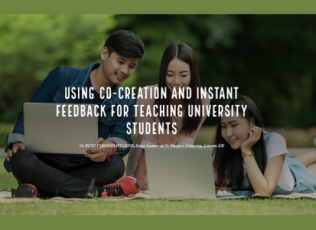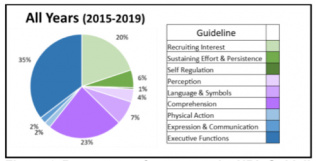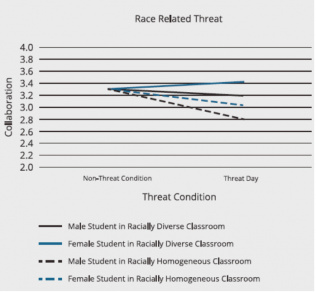About
Many postsecondary institutions offer a mid-semester option for providing faculty with feedback before their current students leave their class. However, few universities have viewed mid-semester feedback (MSF) as a rich source of student voice data. The University of Kentucky’s (UK’s) Universal Design Consultant, Jennifer Pusateri, has begun to evaluate the collective mid-semester feedback (MSF) data in a whole new way: through a UDL lens. Pusateri analyzed MSF data from the past few years and sorted these data by Universal Design for Learning (UDL) Guidelines and Checkpoints to look for trends in the student voice. Through this analysis, three Guidelines emerged, highlighting possible gaps in instructional practices and student support programs. This resource is designed to: 1) outline UK’s mid-semester feedback service, 2) demonstrate the coding and sorting process, 3) present findings, and 4) reveal how the Center for the Enhancement of Learning and Teaching (CELT) is using student-voice data to inform current and future workshop offerings.
Resource Quick Find
Research Articles
Teaching Resource
Implementation
Share this resource:
Posted date:
August 5, 2019
Access the full resource here if it does not render.
Document Title:
Elevating Student Voice in Higher Education: Mid-semester Feedback & UDL



